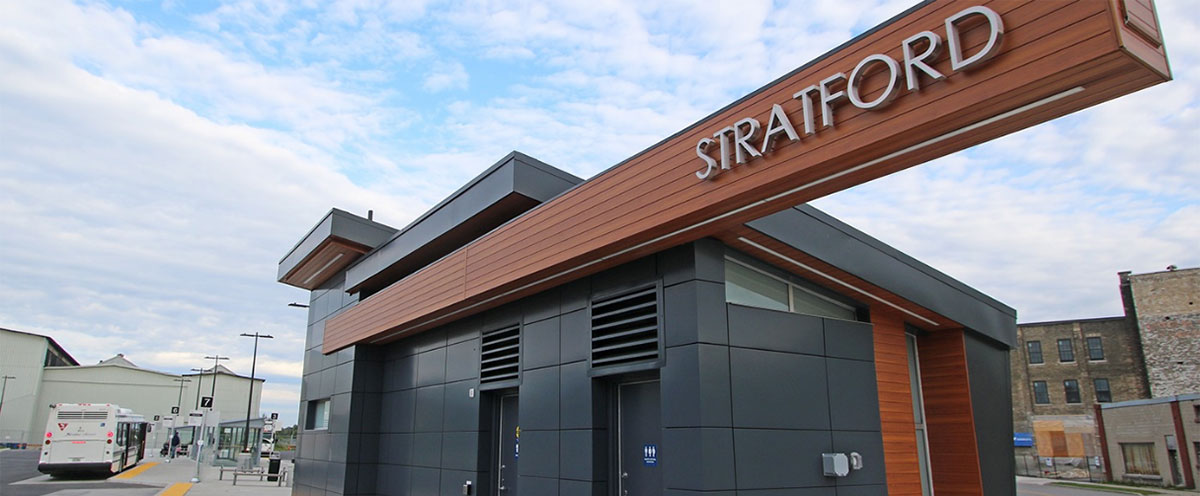Budget

What's the difference between capital and operating budgets?
How are municipal programs and services funded?
How does the annual City budget impact my property taxes?
For answers to these questions and more, please see below Budget Backgrounder to help demystify the annual municipal budget exercise:
| The Budget Process |
|
The City of Stratford became a Strong Mayor City on May 1, 2025. This legislation now requires the Head of Council (in the City’s case the Mayor) to propose the budget for the City each year by February 1. The Mayor must share the proposed budget with each member of Council and the City Clerk, and make it available to the public. If the Mayor does not propose the budget by February 1, Council must prepare and adopt the budget. Each year, the Mayor can provide a formal directive to guide the development of City budgets. A formal directive was issued on July 18, 2025, to guide the 2026 budget. The Mayor and Treasurer work closely to ensure the Mayor’s intent is followed. Please see the 2026 Budget page for details on the 2026 budget. In accordance with the legislation, the following sequence of events will occur:
There are allowances in the legislation for Council and the Mayor to shorten their respective amendment, veto and override periods. |
|
Components of the Budget |
|
In general, the budget is divided into two separate but related components: operating and capital. The operating budget, as the name suggests, covers the day-to-day operation of each of the City’s departments, which are:
Salaries and wages, snow removal, transit service, parks maintenance, emergency services, and waste/recycling collection are all examples of operating expenses. The capital program deals more specifically with the City’s tangible assets, managed by each department. Capital assets include things like infrastructure (roads, bridges, sidewalks, buildings, sewers, etc.) as well as vehicles, machinery and equipment. The capital program covers the purchase, maintenance, improvement or replacement of those capital assets. So the cost of rebuilding a road, for example, would fall under the capital program. The cost associated with plowing, sanding and salting that road in the winter would be considered an operating expense. |
|
How does the City pay for services provided to residents? |
|
Funding for municipal programs and services, including the capital asset investments required to deliver the services, comes from a variety of sources. The City receives some program funding automatically from the Province and whenever possible, the City applies for application-based funding (grants) that is periodically released from the Province. Some services are supported in whole or in part by user fees, such as water, facility fees, or curbside collection via bag tags. Other services are shared with other municipalities that provide revenues to the City for their shares. The City earns interest revenues on deposits, enters into lease agreements, collects fines and penalties where applicable, and occasionally receives donation revenues. Anything that cannot be covered by one of these sources needs the support of property taxation. It is this residual requirement that makes up the net tax levy and net City budget, and that is distributed across all property types in the form of the tax rate. For a better understanding of where your tax dollars go, please visit our tax calculator and enter your property type and assessment value. |
|
How does the annual budget impact my tax bill? |
|
Once the budget is finalized, the City determines the tax levy for that year, which is the amount of money required of taxpayers to cover the cost of providing all of the programs and services the City of Stratford offers its residents. That amount is collected through property taxes, which are calculated by multiplying the City’s tax rate for each property class by the current value assessment of your property (as determined by the Municipal Property Assessment Corporation - MPAC). There is also a separate education tax rate, which is set by the Province of Ontario. The City collects education taxes on behalf of the Province, and distributes them to the local school boards. The total tax bill blends the municipal and education amounts. |
|
Why do property taxes increase? |
|
There are multiple factors that affect the City’s budget and tax levy each year, and have an impact on both the revenues we collect, and the expenses we pay. Inflation is a big factor, but others include fluctuating energy rates, aging infrastructure that requires rehabilitation or replacement, and in some cases, increased service levels. |
More Information
2026 Budget
2025 Budget
2024 Budget
2023 Budget
As budget documents contain complex tables and charts, it is challenging to ensure they meet all provincial accessibility guidelines, especially those from less recent years. Previous versions have been removed from the City's website but are available by emailing Stratford Budget with your request.
Take a look at our Property Taxes page to see where your tax dollars go.
